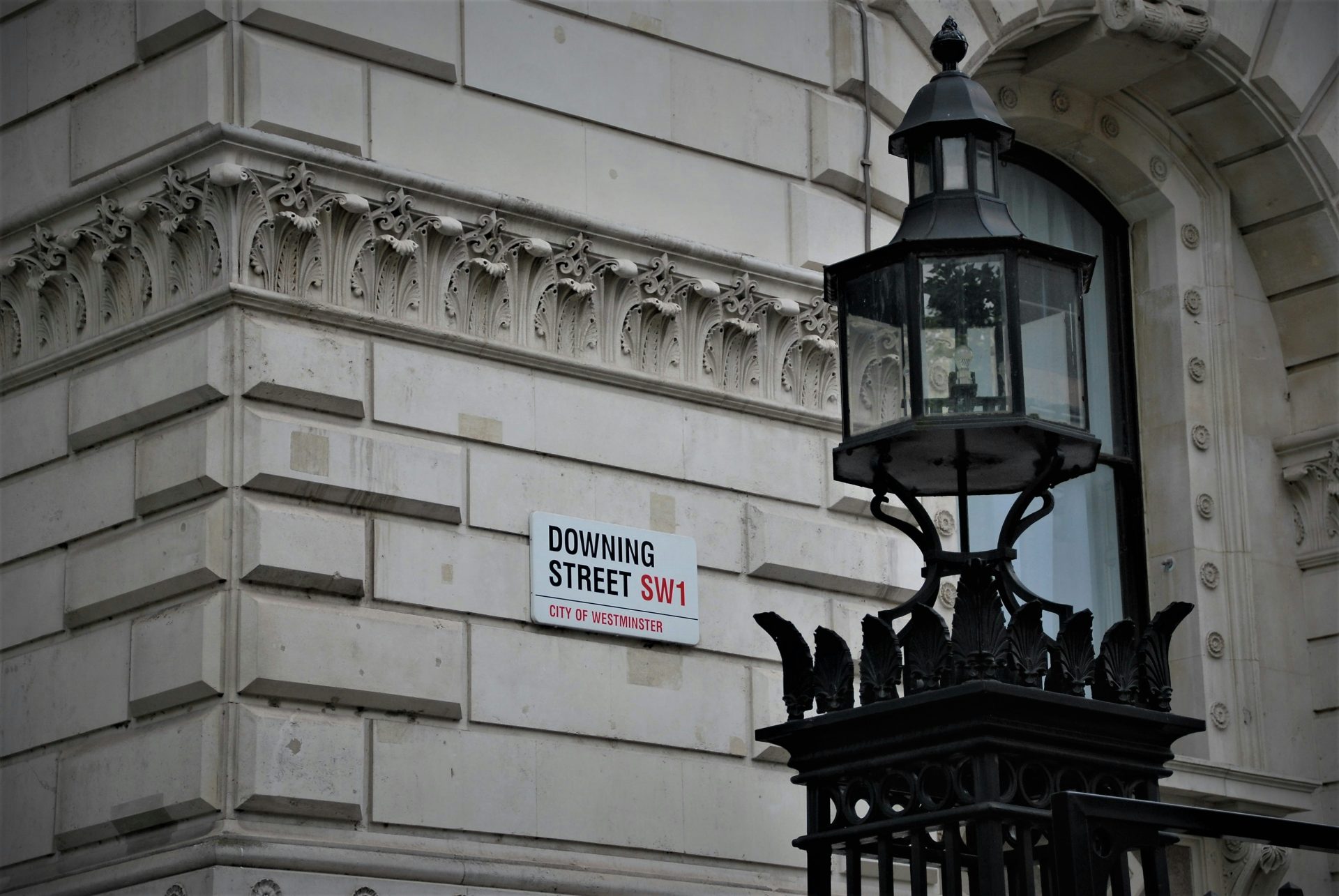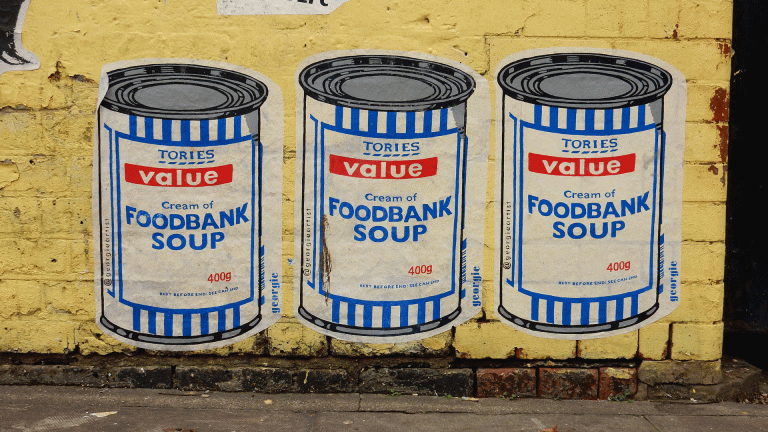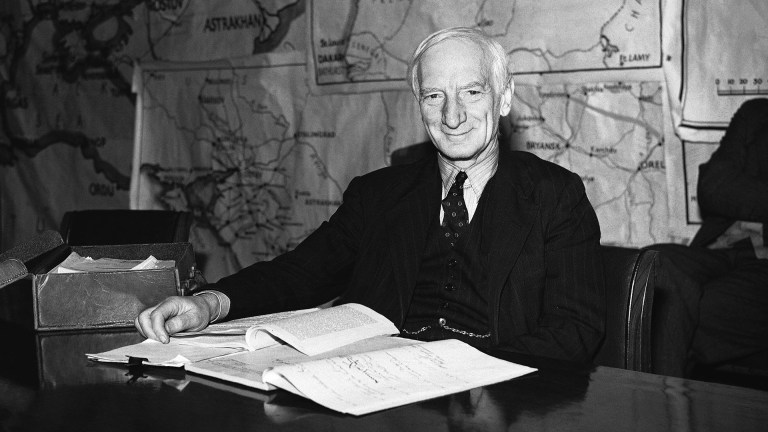And as someone with a long-term health condition, I know how complicated the process of identifying with the term ‘disabled’ can be, too.
We at The Disability Policy Centre have spoken to candidates, for example, who’ve faced a culture of discrimination within their own parties. A culture which fails to support their most basic accessibility needs and makes them feel, in short, like they’re not welcome.
One wheelchair-using candidate we spoke to even withdrew their candidacy because they did not believe that it was realistic, given the inaccessibility of the parliamentary estate.
This election, in fact, holds the unenviable record of being the first in more than a decade (since 2012) where government funding has not been available to help disabled candidates campaign (something which will, thankfully, be reinstated after this election).
The horror stories that we hear at The Disability Policy Centre about the experiences of disabled people in politics do not surprise me anymore.
The long-serving MP for Harlow, Rob Halfon, who is himself disabled and standing down at this election, said “parliament is probably the worst place to work in the world if you have a disability”.
He also discussed setting up a road-side stall by the A414 in his constituency for one general election instead of going door-to-door – a tactic he also said worked well for him.
But Rob is also proof of what can be done by disabled politicians as someone who this year won Minister of the Year and has worked hard for disabled people both locally and nationally.
Similarly, Marsha de Cordova, who is standing to be reelected for as Labour MP in Battersea, is also disabled and has been an outspoken advocate for improved disability rights. But importantly, her political contributions extend well outside of disability and into sport, social care, housing and human rights.
Because more disabled politicians means a richer pool of insight across a range of areas, not just disability.
While this problem may seem complex, however, some of the initial solutions can be incredibly simple.
Firstly, we need to make parliament fully accessible. To state the obvious: disabled people can never feel part of the political process until they can get around the building place where most laws are made.
Secondly, ableist culture needs to be expelled from political parties. It’s clear from the research we’ve done and what I‘ve heard that a discriminatory culture is extinguishing the political ambition of disabled people – and that’s inexcusable.
Finally, disabled candidates need to be fully funded to overcome accessibility challenges when they’re on the campaign trail. Thankfully the Access to Elected Office Fund is coming back after this election, but we need to ensure it’s protected and funded sufficiently.
These would represent just the first, smallest and most basic steps to start to spotlight the lived experiences of disabled people in our political debates.
Until we do this, we can expect politicians to continue to misunderstand disability, and fail to be bold on the important challenges that affect us all today – from health, to housing, to education and welfare reform.
Getting disability right gets it right for all of us.
Chloe Schendel-Wilson is co-founder and director of The Disability Policy Centre.
Do you have a story to tell or opinions to share about this? Get in touch and tell us more. Big Issue exists to give homeless and marginalised people the opportunity to earn an income. To support our work buy a copy of the magazine or get the app from the App Store or Google Play.










